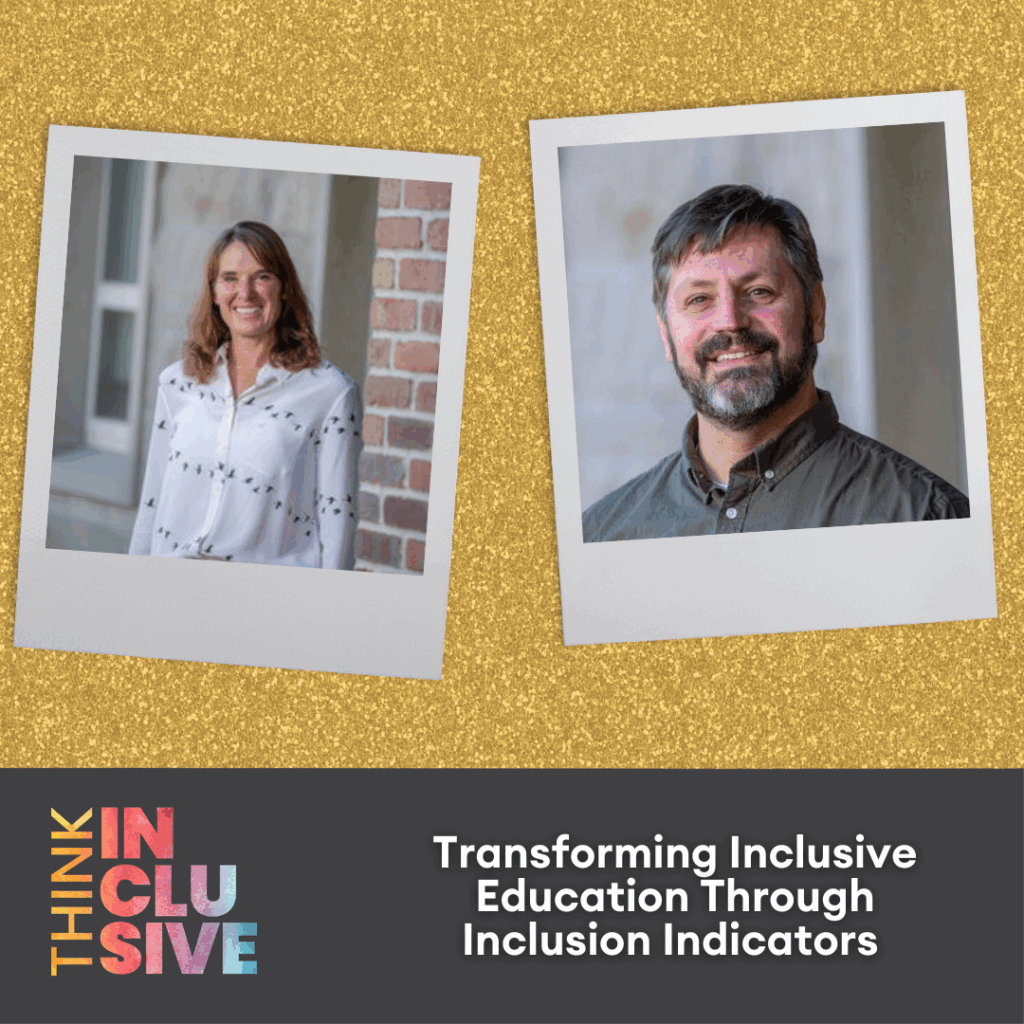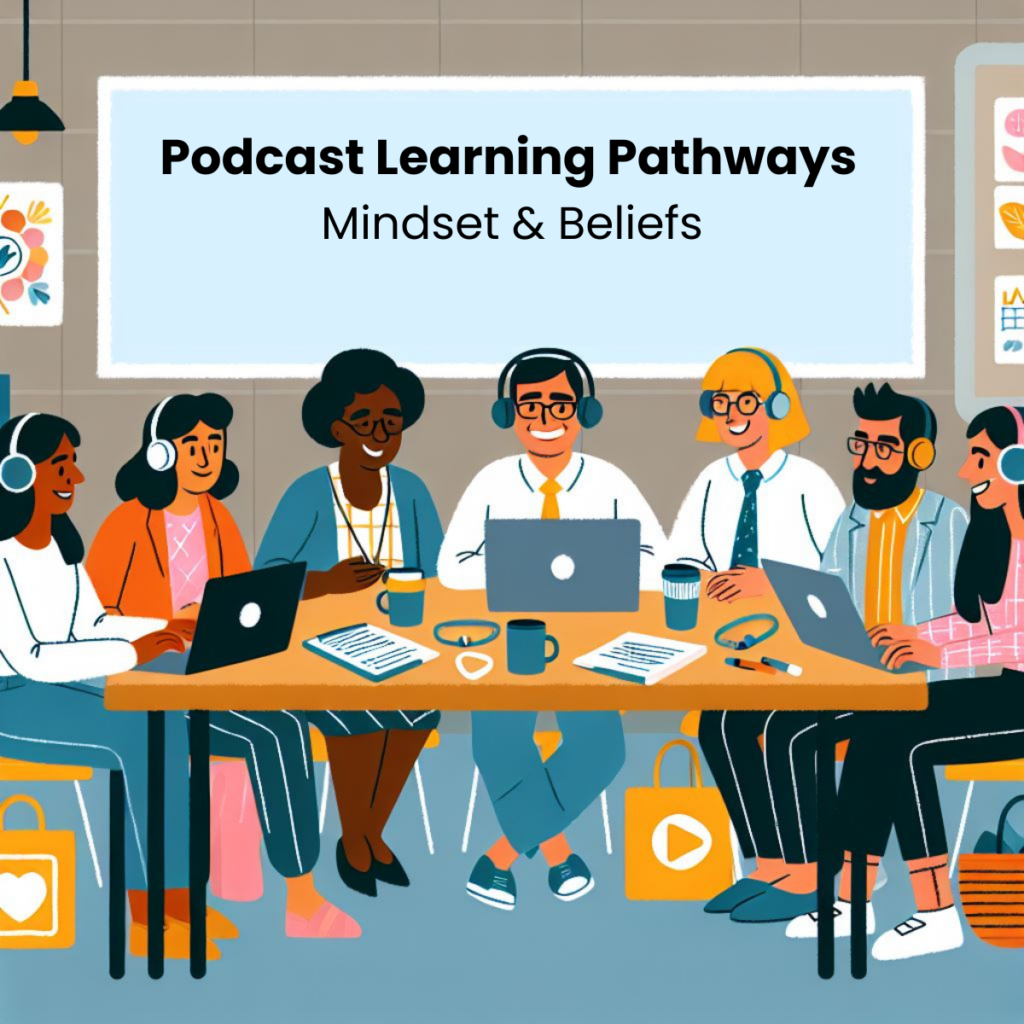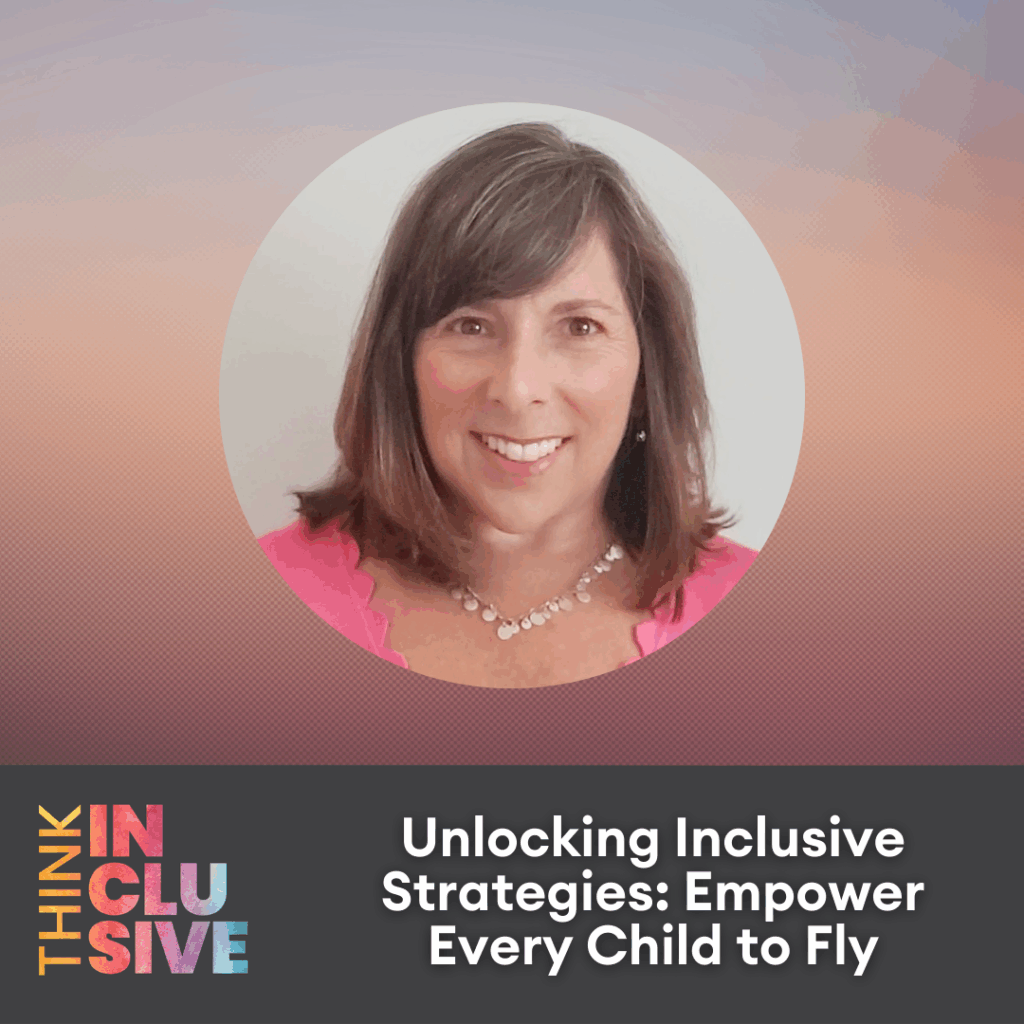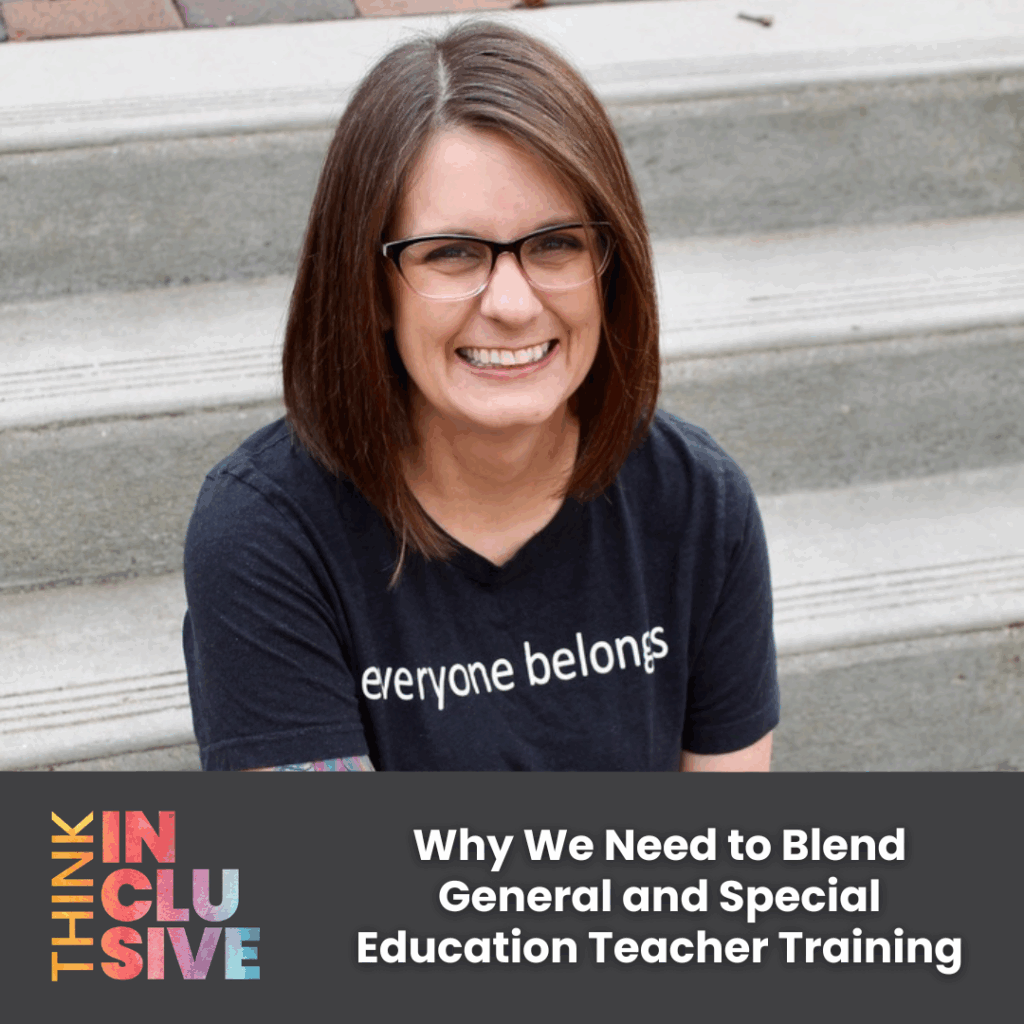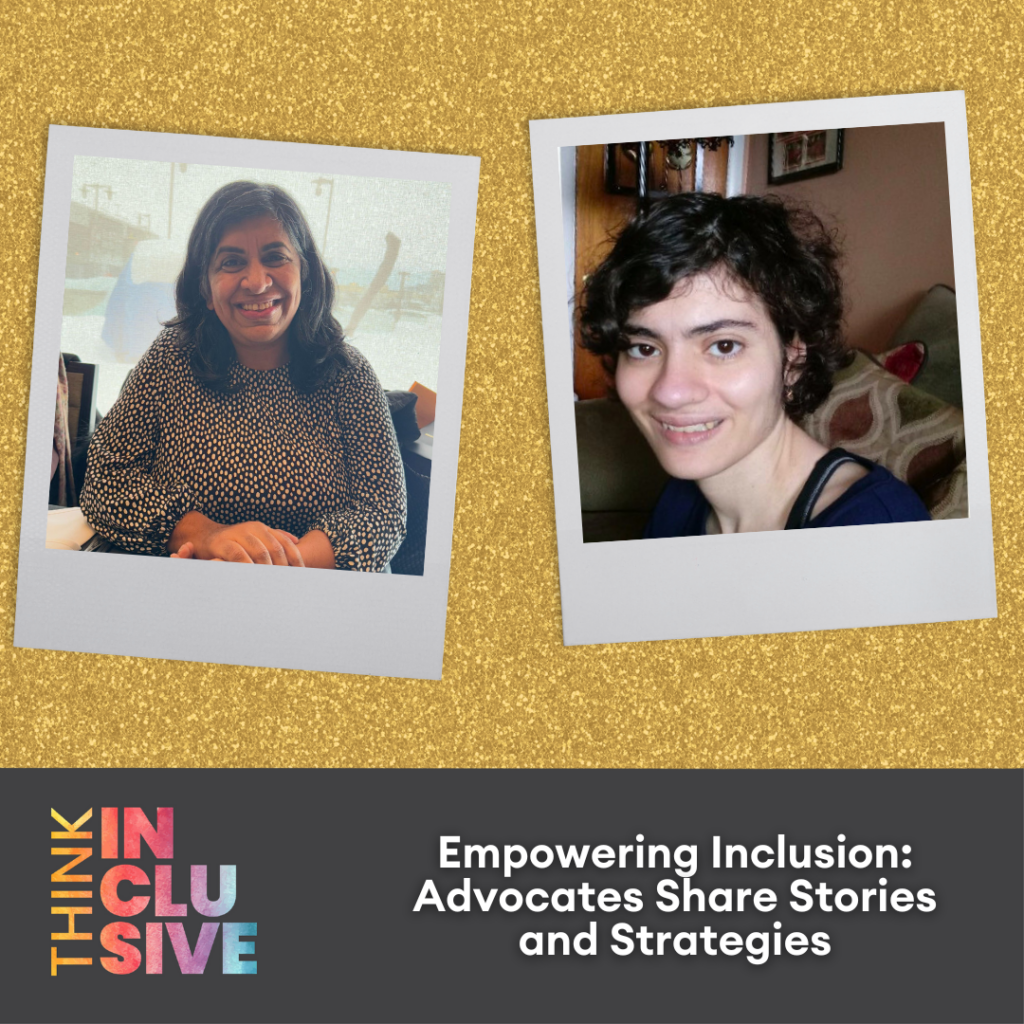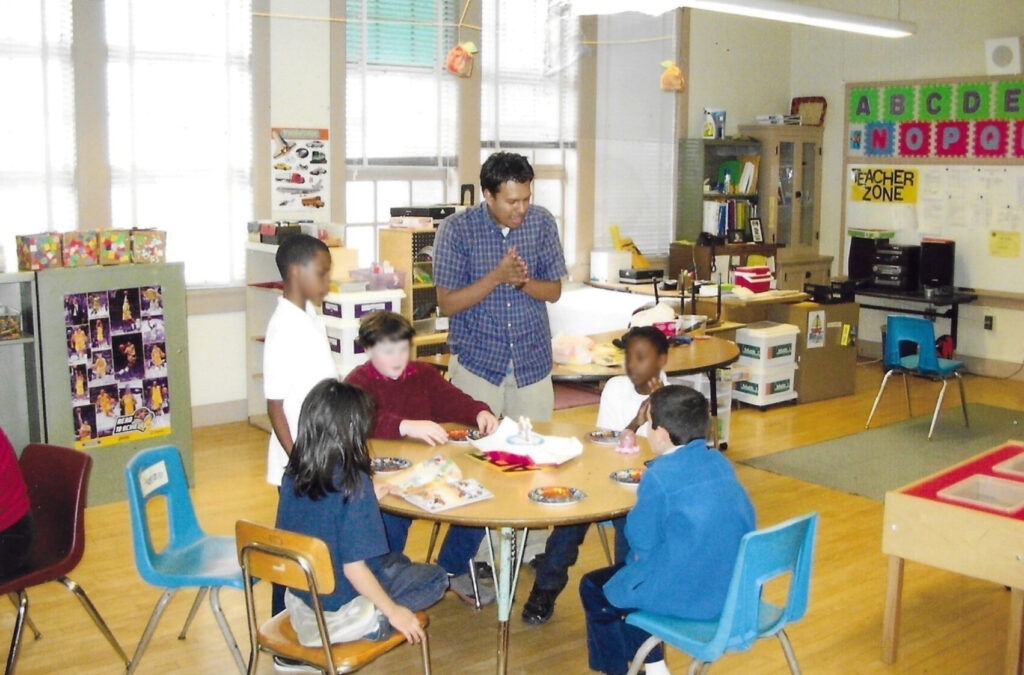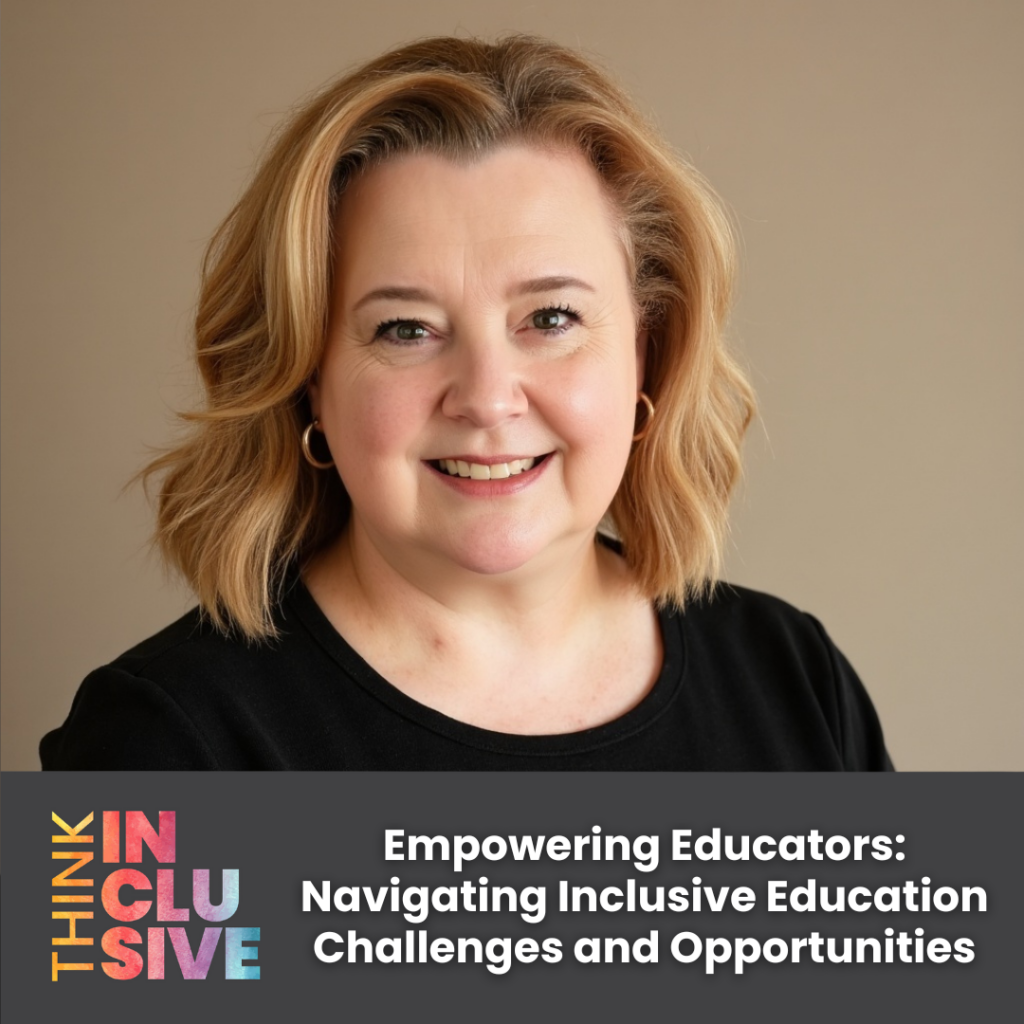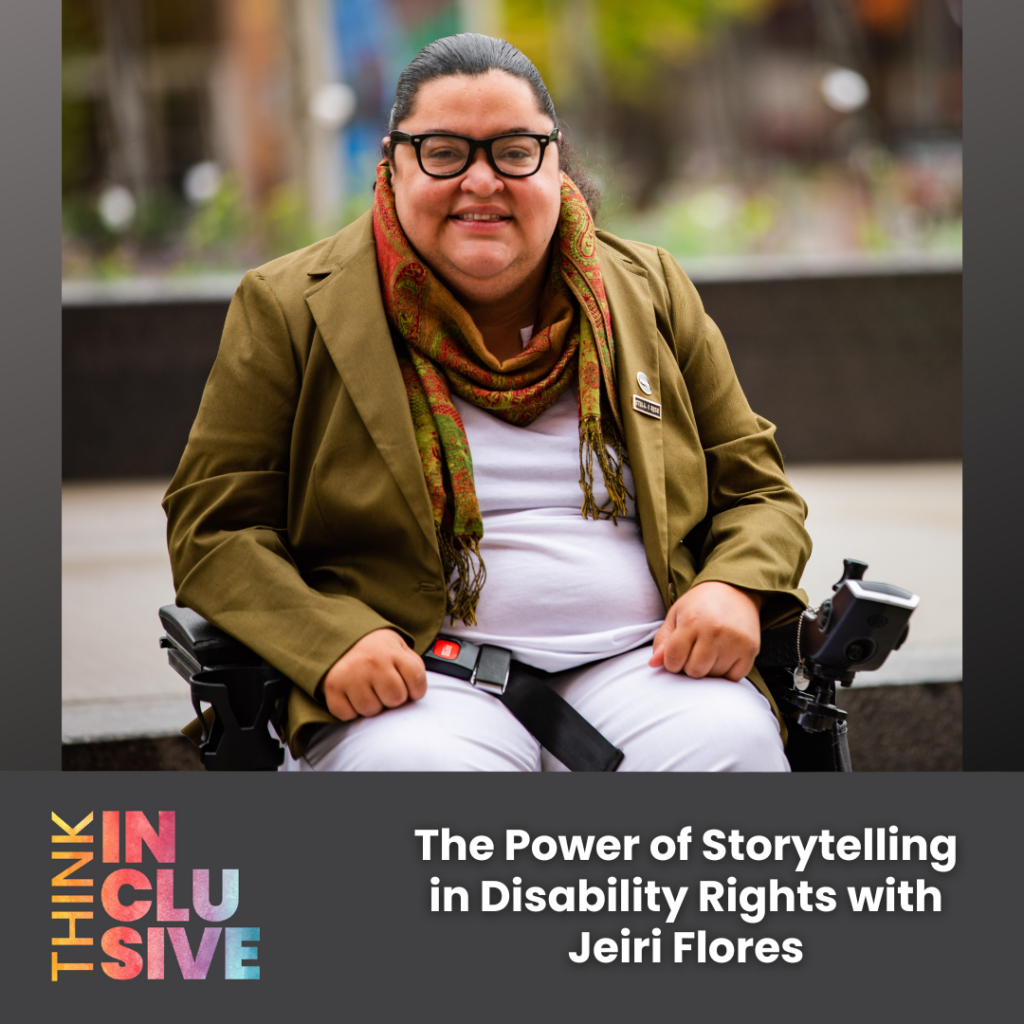Transforming Inclusive Education Through Inclusion Indicators ~ 1235
Watch the episode on YouTube. Transforming Inclusive Education Through Inclusion | RSS.com Show Notes About the Guest(s): Alissa Rausch is a dedicated advocate for inclusive education rights, especially for young children with disabilities and various intersectional identities. Based at the University of Denver, she has extensive experience as a provider, program leader, educator, and technical […]
Rebellions are built on hope
Instead of dwelling on the numerous challenges our world faces, we choose to spotlight small (and big) acts of rebellion. Hello Inclusionists, Everywhere you look, there are reasons for despair. Here is a non-exhaustive list of things I’ve read or watched that are keeping me hopeful. …imagine what it would be like if half or […]
Changing Perspectives on Disability in Schools
Welcome to our podcast learning pathway, designed for educators and stakeholders interested in fostering an inclusive mindset; here, you’ll find thought-provoking clips to help create a shared understanding of inclusive practices with your school team. These clips are part of a series of blog posts that align with our Mindset & Beliefs Podcast Learning Pathway. […]
Unlocking Inclusive Strategies: Empower Every Child to Fly ~ 1234
Watch the episode on YouTube. Unlocking Inclusive Strategies: Empower Every Chil | RSS.com Show Notes About the Guest(s): Jani Kozlowski is a renowned early childhood professional, boasting over 30 years of experience. She is an accomplished author and speaker, serving as a technical assistance specialist and consultant. Jani focuses on supporting the development of young […]
Why We Need to Blend General and Special Education Teacher Training ~ 1233
Watch the episode on YouTube. Why We Need to Blend General and Special Education | RSS.com Show Notes About the Guest(s): Jen Newton is an Associate Professor at Ohio University with a dedicated career in inclusive education spanning 25 years. Her expertise encompasses anti-racist, anti-ableist education, early childhood inclusion, and inclusive teacher preparation. Beginning her […]
Empowering Inclusion: Advocates Share Stories and Strategies ~ 1232
Watch the episode on YouTube. Empowering Inclusion: Advocates Share Stories and | RSS.com Show Notes About the Guest(s): Brilly Semenova: Brilly is a passionate advocate for individuals with disabilities, having started her advocacy journey during her middle school years. She is based in Maryland but operates nationally, providing resources and support to families and individuals. […]
I’ve seen the future RFK Jr. says isn’t possible
Tim Villegas spent nearly twenty years working with the kids Robert F. Kennedy Jr. said would “never hold a job,” “never write a poem,” and “never go out on a date.” In this edition of the Weeklyish, we revisit the early days of his career and share a much different vision of what students with […]
Empowering Educators: Navigating Inclusive Education Challenges and Opportunities with Nicole Eredics ~ 1231
Watch the episode on YouTube. Empowering Educators: Navigating Inclusive Educati | RSS.com Show Notes About the Guest(s): Nicole Eredics is a seasoned expert specializing in inclusive education, boasting over 25 years of experience in the field. Armed with degrees in elementary and special education, Nicole began her career as an inclusion teacher in British Columbia, […]
The Power of Storytelling in Disability Rights with Jeiri Flores ~ 1230
Watch the episode on YouTube. The Power of Storytelling in Disability Rights wit | RSS.com Show Notes About the Guest(s): Jeiri Flores is a Puerto Rican disability rights activist based in Rochester, New York. After earning her bachelor’s degree in Sociology and African American Studies from SUNY Brockport in 2014, she pursued a master’s in […]
Authentic Approaches to Inclusive Education
Welcome to our podcast learning pathway, designed for educators and stakeholders interested in fostering an inclusive mindset; here, you’ll find thought-provoking clips to help create a shared understanding of inclusive practices with your school team. These clips are part of a series of blog posts that align with our Mindset & Beliefs Podcast Learning Pathway. […]

